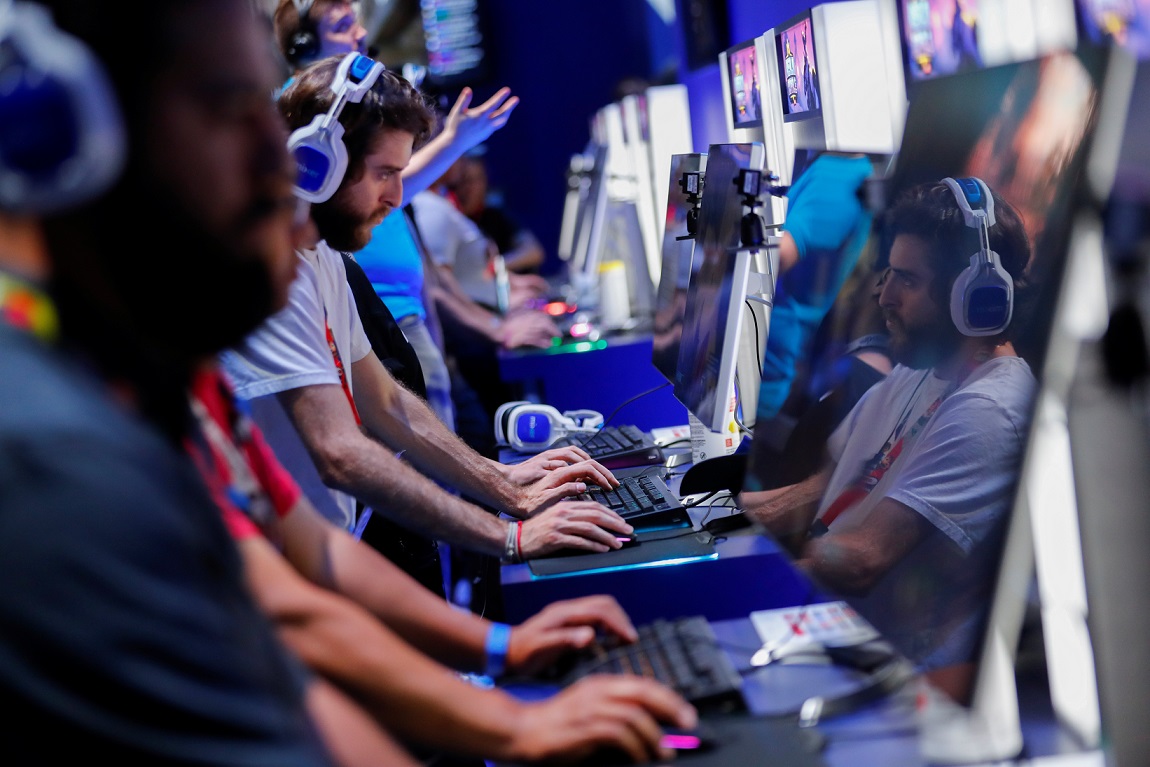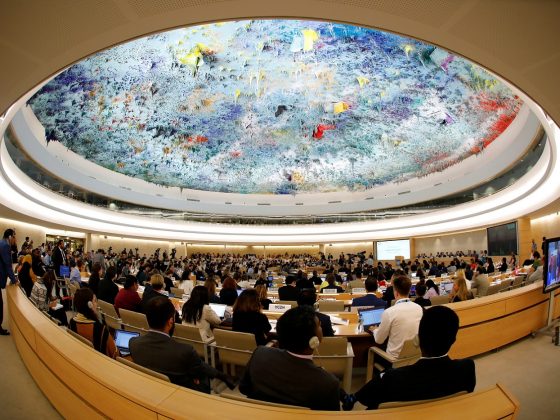Gaming addiction has been classified as a mental health condition by the World Health Organization. According to the WHO, gaming disorder is characterized by a lack of control over gaming, and gaming taking higher priority over other interests and daily activities, impairing the gamer’s personal, family, social, educational or occupational functioning.
I saw this problem firsthand about 30 years ago when one of my friends, a man in his 40s, became addicted to computer games. The game he was playing back then took over his life. Each day, from morning to night, he was completely focused on improving his performance, thinking about how to get more soldiers and weapons for the game he had become addicted to. The climax came when he went bankrupt. Since then, multiple similar examples of gaming addiction have made the problem apparent to many more people.
Video games disconnect people from reality. But what makes them so addictive? It’s not only the act of playing the games themselves. Behind the scenes is a massive industry inventing, producing, marketing and investing in the games and their accessories, i.e. many people seeking to maximize their profits. And when profit motives become entangled in the phenomenon, then a lot of effort goes into, on one hand, contacting governments and finding ways to encourage the enjoyment of video games, and on the other hand, optimizing the games themselves and the world of accessories and imagery surrounding the games to keep people playing.
“Behind the scenes is a massive industry inventing, producing, marketing and investing in the games and their accessories.”
The major setback is that these people are mostly children and youth. They can easily slip away from reality into video games. This becomes especially disappointing considering that video game addiction can wane certain aspects of their mental and emotional development, as well as cause mental illness and damage to their personality.
The raised awareness of gaming disorder and the potential of video games to deteriorate people’s development is one thing, but what could be done to improve such a state of affairs? The following are 4 steps…
- Restrict access to video games. The authorities who permit addictive video games to flood the market can be requested to restrict access to them, or at least, to sites that make them available. Although this seems unrealistic, especially since these same authorities also make a significant profit from the industry, it’s still doable. The clear example is with countries that restrict free access to the Internet for various reasons.
“The major setback is that these people are mostly children and youth. They can easily slip away from reality into video games. This becomes especially disappointing considering that video game addiction can wane certain aspects of their mental and emotional development.”
- Detach a person from video games. This is the most effective detoxification. We humans are egoistic, pleasure-seeking creatures by nature, and we will always seek new ways to enjoy in different areas of interest.
- Create parallel educational games or integrate educational aspects into existing games. Instead of leading the protagonist into struggles and victories over other players—fueling players with pride, which attracts them to keep playing—channel the players’ success in the direction of constructive social values. The question is, who will raise such an initiative?
- Education. Learning tools and programs that focus on strengthening and improving what’s most important in life: meaningful human connections. Such tools should help people navigate through all kinds of interferences to achieve connection, including the wild deluge of virtual products incessantly popping up on our screens. If such education is done successfully, the next generation will know how to manage stable relationships and create positive connections in wider social circles.
The fourth step is definitely the most significant and overriding one. That is, only when our social environment is filled with more meaningful connections, when we will feel that we are genuinely important to each other, like in a family, will we have the means to raise happy and confident human beings. Then, we will no longer seek an escape from reality. Instead, we will seek a deeper entrance into this reality, and will invest our inventive, productive, playful and promotional powers into constructing this supportive environment that will prevent any mental illness and impaired development.
“Detach a person from video games. This is the most effective detoxification. We humans are egoistic, pleasure-seeking creatures by nature, and we will always seek new ways to enjoy in different areas of interest.”












